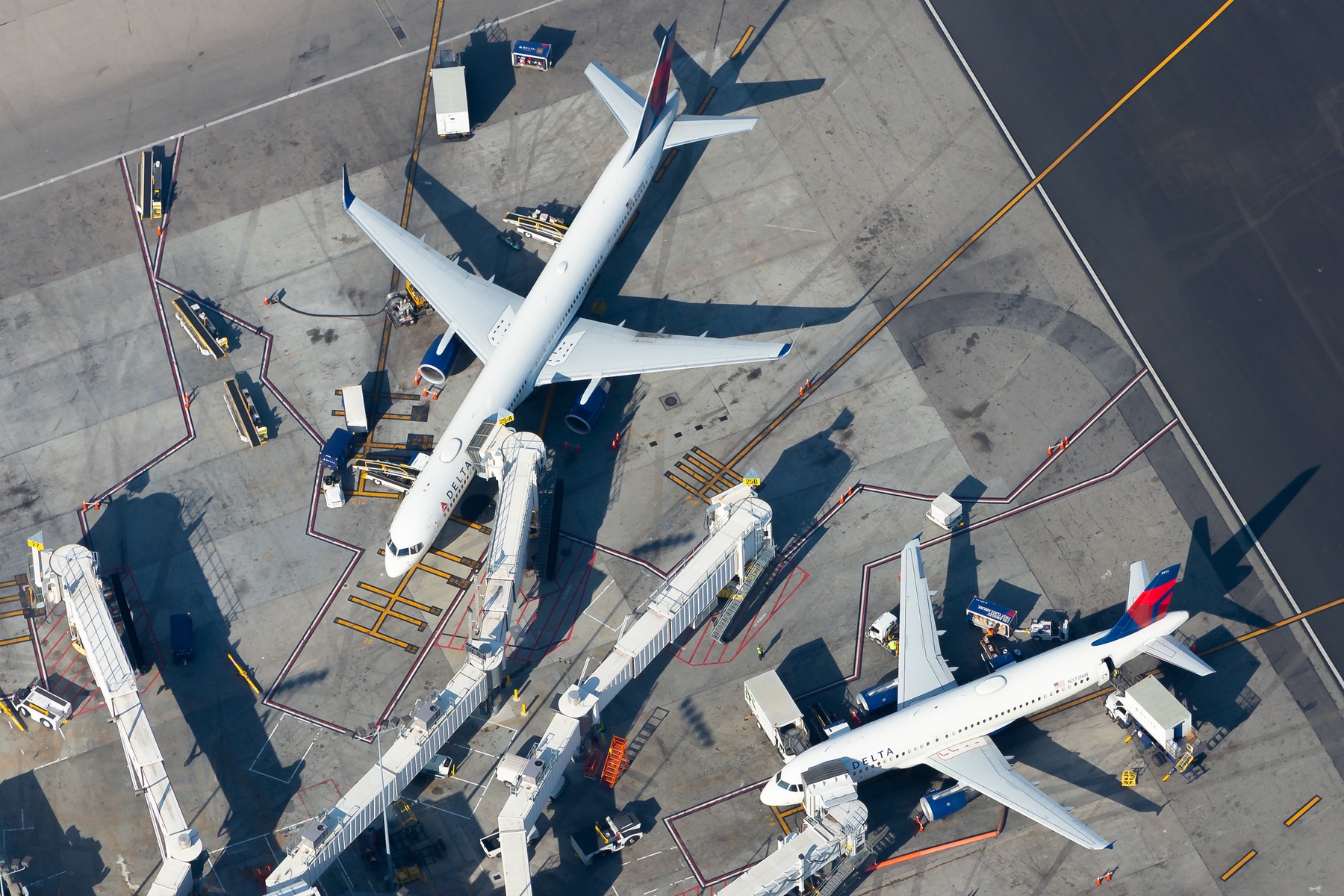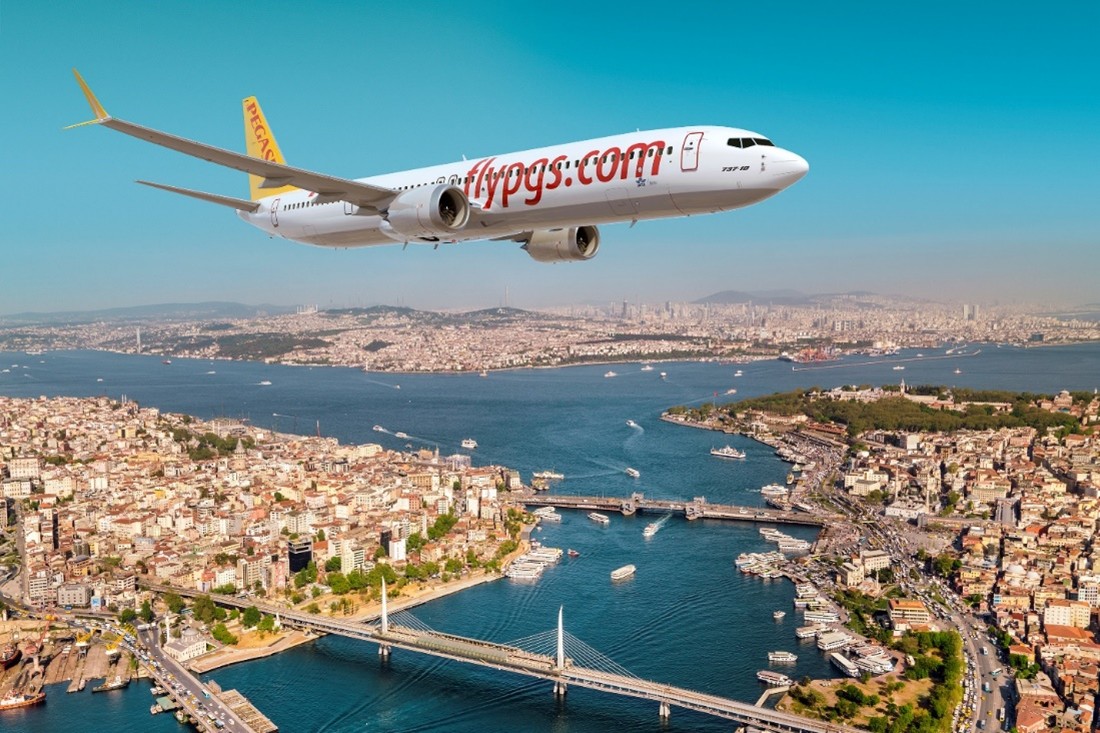Alaska sues the U.S. government so cruise ships won’t have to meet environmental standards
Skift Take
Source: Reuters
Author: Yereth Rosen
The state of Alaska sued the Obama administration on Friday to block environmental regulations that would require ships sailing in southern Alaska waters to use low-sulfur fuel.
The lawsuit, filed in U.S. District Court in Anchorage, challenges the new federal regulations, which require the use of low-sulfur fuel for large marine vessels such as cargo and cruise ships.
The rule is scheduled to be enforced starting on August 1 by the Environmental Protection Agency and the U.S. Coast Guard for ships operating within 200 miles of the shores of southeastern and south-central Alaska, according to the lawsuit.
The lawsuit faults the EPA, the Department of Homeland Security and others for using a marine treaty amendment as the basis for the new federal regulations without waiting for ratification of that amendment by the U.S. Senate.
The Alaska Department of Law said in a statement that the low-sulfur-fuel requirement would be costly, jacking up prices for products shipped by marine vessel and harming Alaska’s cruise industry.
“Alaska relies heavily on maritime traffic, both for goods shipped to and from the state, and for the cruise ship passengers who support thousands of Alaskan jobs,” Alaska Attorney General Michael Geraghty said in a statement.
“There are reasonable and equally effective alternatives for the Secretary and the EPA to consider which would still protect the environment but dramatically reduce the severe impact these regulations will have on Alaskan jobs and families.”
Totem Ocean Trailer Express, a major shipper operating in Alaska, estimates that the move to low-sulfur fuel will increase its costs by 8 percent, Geraghty said.
A spokesman for EPA’s Seattle regional office was not immediately available to comment on the lawsuit.
The treaty amendment at issue is a 2010 agreement under the International Convention for the Prevention of Pollution from Ships, or MARPOL. The United States has signed onto MARPOL, and Secretary of State Hillary Clinton has accepted the 2010 amendment.
Domestic enforcement of the amendment is not permitted without ratification by two-thirds of the U.S. Senate, Assistant Alaska Attorney General Seth Beausang said. He said the EPA also erred by failing to conduct an environmental analysis.
“The only thing they relied on was the treaty amendment in issuing the regulations,” he told Reuters, adding that Alaska was not coordinating its effort to overturn the regulations with any other state.
The lawsuit names as defendants the EPA and its director, Lisa Jackson, the Department of Homeland Security and Secretary Janet Napolitano, the Coast Guard and its commandant, Admiral Robert Papp, and Clinton.
Editing by Eric Beech ![]()



